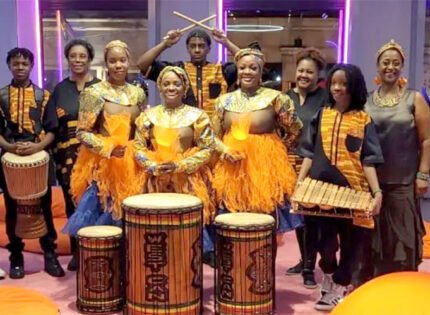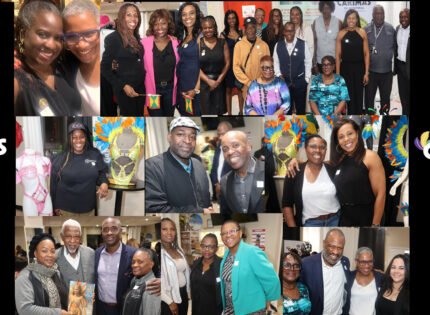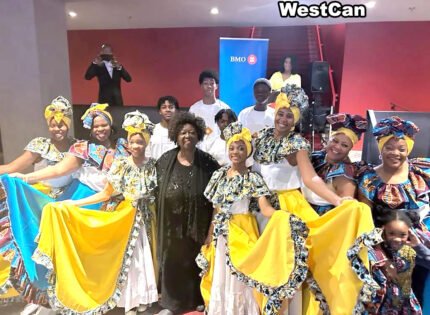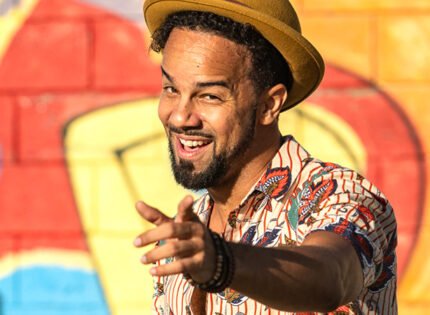Haiti
Haitians Challenge Election Results
Two presidential candidates who object to their showings in the Oct. 25 Haitian elections have filed legal challenges.
Fourth-place finisher Dr. Maryse Narcisse of former President Jean-Bertrand Aristide’s Fanmi Lavalas party, and Vilaire Cluny Duroseau, who finished 42nd out of 54 candidates, are alleging they were cheated out of votes.
The results showed that government-backed presidential candidate Jovenel Moise, who won the most votes, was likely to go up against opposition candidate Jude Célestin in the runoff.
Opposition candidates and local watchdogs have alleged that there was “massive fraud” in the Oct. 25 vote and that the Tabulation Center lacked transparency.
They’ve demanded the appointment of an independent commission to verify the count while party supporters have taken to the streets in protest.
At least 60 people have been arrested, and one person has been killed.
Célestin, who won 25 percent of the reported vote, called the results a “farce.” He encouraged demonstrators to carry on their protests, even in the face of a government crackdown.
St. Vincent
Vincentians Gearing Up for Elections.
Prime Minister Ralph Gonsalves has announced that December 9th will be the date of the country’s general elections.
Gonsalves made the announcement while speaking to a group of party supporters last Saturday. He told his Unity Labour Party (ULP) supporters at the gathering that nomination day is November 20th and that the party is confident of reelection.
Arnhim Eustace Monday, leader of the National Democratic Party, is aiming to dethrone Gonsalves this time around. In a recent radio interview, Eustace told listeners that: “he is confident that there is a swing towards the NDP in the country.”
Gonsalves won both the 2001 and 2005 General elections by a hefty 12-3 Margin, but his grip on leadership has seemingly loosened since then. Gonsalves Narrowly won the 2010 General Elections by an 8-7 majority.
Gonsalves and the ULP are seeking a fourth consecutive term in office.
Trinidad
Trinis Fighting With ISIS
An eleven minutes recruitment video, entitled ‘Those who believe and made the Hijra,’ posted by the Ar-Raqqah Province of the Islamic State (ISIS) featuring what appeared to be four fighters from Trinidad and Tobago sent shock waves through out the twin island republic last week.
One of the fighters has been identified as Curtis Lewis of Richplain Road Diego Martin
. In the video, Lewis, who has taken the Muslim name Abu Zayd Al- Muhajir, was surrounded by his three children who he claimed were going to school in Syria.
The four men gave different reasons for making the journey from Trinidad to join ISIS .
Abu Al-Muhajir said that although Muslims in Trinidad and Tobago are allowed to wear religious garment, they are only allowed to practice what they (Islamic heads) tell you to practice and he therefore decided to relocate with his children to a place that practices one hundred percent Islam.
Another man in the video, Abu Abdullah (also believed to be from Trinidad) said that ISIS was created by Allah and would continue to expand.
All four men suggested that the practice of Islam was restricted in Trinidad and Tobago and joining ISIS was necessary to preserve the ideals of Islam
Tracking the flow of Trinidadians leaving to join ISIS has been tricky since most of them first travel to other countries before discreetly making their way to Syria. The Trinidad Guardian reports that Lewis left Trinidad over a year ago with his children, saying he was going to live and work in England.
The Caribbean
World Bank warns of increased poverty
The World Bank is warning that without climate-informed development in Latin America and the Caribbean, 2.6 million more people could fall into extreme poverty by 2030. The UN has said that climate –related natural disasters, especially hurricanes and droughts, could result in losses estimated at US$22 billion annually by 2050.
According to World Bank Group President Jim Yong Kim: “Climate change hits the poorest the hardest, and our challenge now is to protect tens of millions of people from falling into extreme poverty because of a changing climate.”
The UN report went on to say that the poorest people are more exposed than the average population to climate-related shocks such as floods, droughts, and heat waves and they lose much more of their wealth when they are hit.
Juan M. Cheaz Pelaez, senior programme coordinator for Agricultural Policy and Value Chains told a crowd gathered at the Caribbean-Pacific Agri-Food Forum: “I can tell you there are huge economic losses every year related to climate change……..In the case of the Caribbean region, as you know, the intensity of droughts, rain and natural phenomena has a devastating effect on crops and famers.














